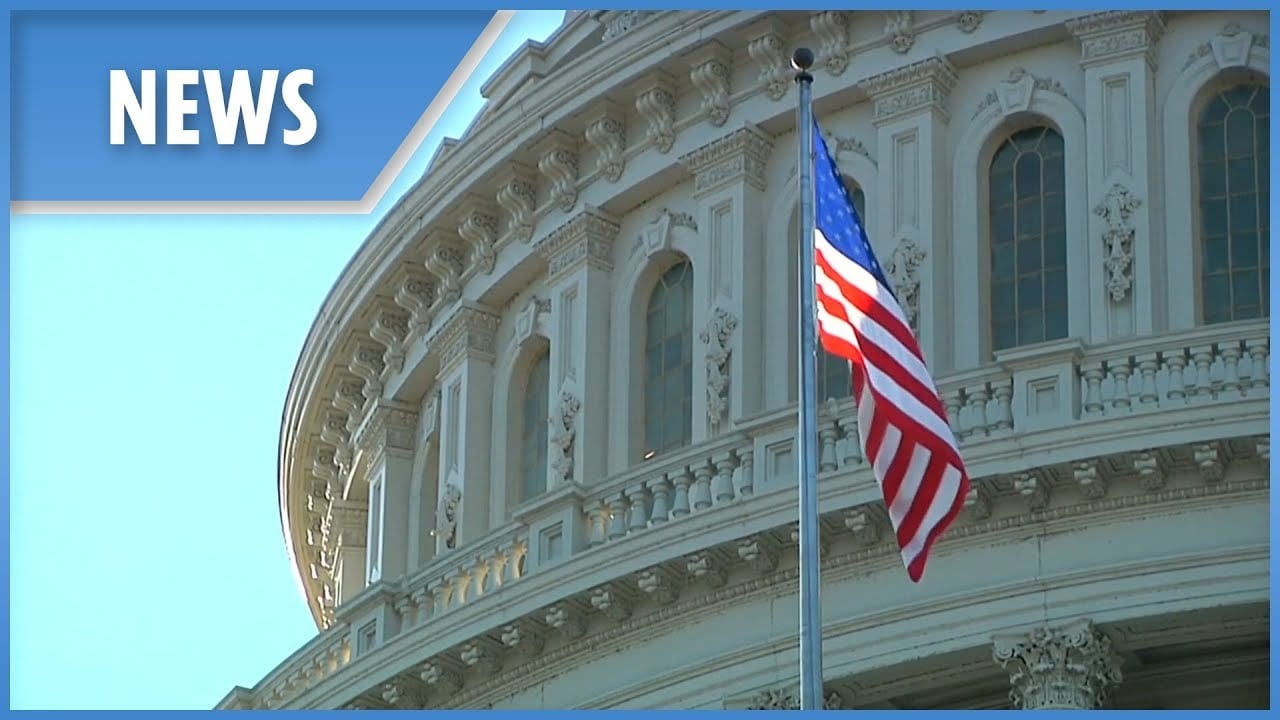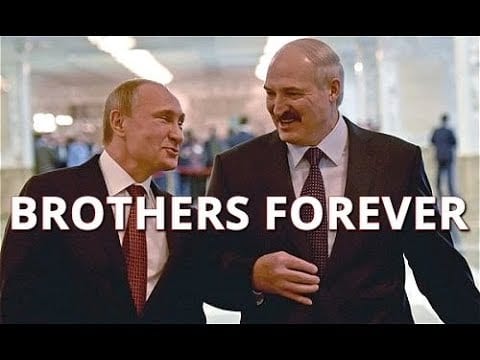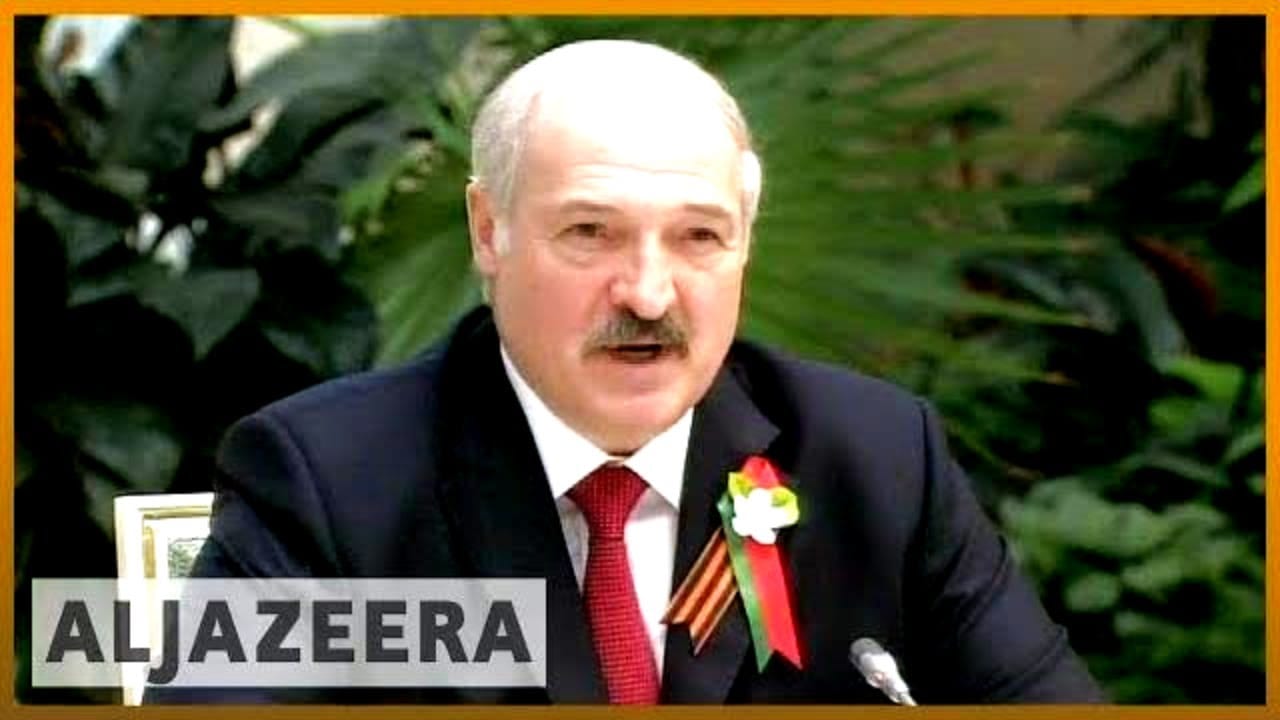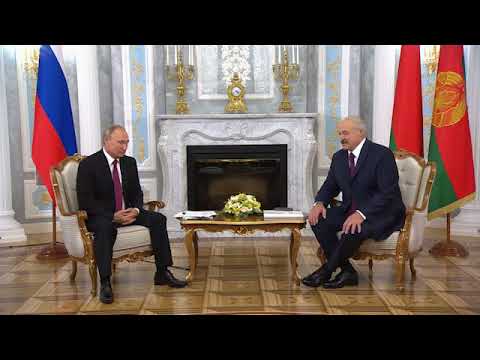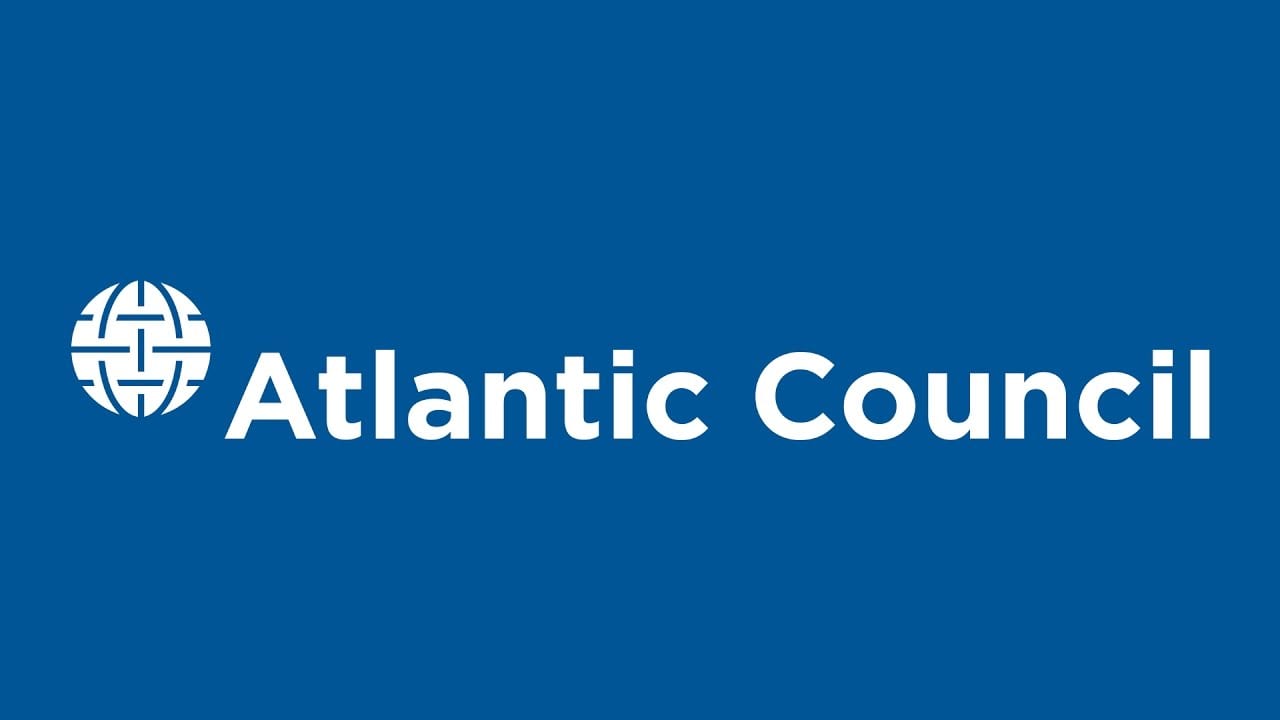Not so long ago, last fall, I was surprised to read an article by the acclaimed Associated Press, claiming that radical and nationalist values are being imposed on children in Ukrainian camps.
The piece was authored by a Belarus national Yuras Karmanau, who covered the story one-sidedly and manipulatively, thereby putting the AP in an embarrassing position. This resulted in AP ultimately issuing a correction to the story as an apology.
An apology is fine, of course, but back then, in 2018, Karmanau’s article (not) surprisingly sounded to the tune of Russian propaganda, much to the pleasure of the latter. And although the Associated Press admitted the mistake, very few people in the post-Soviet space are aware of this because Russian mass media have flooded the information space with translations of the initial text. They didn’t do so with AP’s refutation piece though. So the myth created by Karmanau is still alive in the Russian Internet segment.
However, as you understand, this is only a prelude. A prelude to realizing that the same journalist’s article titled «Ukraine ex-PM accuses president of corruption» published Feb 4, where one of Ukraine’s presidential candidates Yulia Tymoshenko accused President Petro Poroshenko of corruption, is not simply a campaign thing but, once again, a play into the hands of the Kremlin propaganda.
First, Yulia Tymoshenko’s statements have long featured in plenty of journalistic investigations with a notion that this politician is more likely to lie than tell the truth.
Second, the Associated Press platform is once again used beyond its intended purpose – not as an impartial news resource but as a playground for political PR and – I’ll say this again – indulging Russian propaganda. After all, it is common knowledge that Petro Poroshenko is a leader who is extremely inconvenient for the Kremlin, so Moscow is ready to support any other runner for Ukraine’s top post other than the incumbent president. To be more exact, any of them, but it better be «theirs.»
Thirdly, it is difficult to take seriously the words of someone, whose work as prime minister was marked with a volume of funds siphoned from Ukraine doubling.
According to a research by FactCheck, when Viktor Yanukovych was prime minister in 2007, some $7.18 billion was illegally withdrawn from the country, while in 2008, when Yulia Tymoshenko took the reins, it was already $16.92 billion. In total, the amount of funds siphoned from Ukraine throughout the period of Yulia Tymoshenko’s premiership reached $33.12 billion
Fourth, and most important, is that this article not only highlighted a subjective opinion of the interested party, but also, along with the infamous story about children in Ukrainian camps being radicalized and taught to kill, worked in favor of Russian propaganda, which has become very keen on exploiting corruption-related topics in its hybrid infowar against Ukraine.
In a matter of hours, hundreds of Russian bots joined their efforts in spinning the Tymoshenko piece across social networks. The article was shared and republished, for a certain fee, in all sorts of media, forums, and information sites. I wonder whose money it was. And it’s big money, too!
These are the shares and reprints that will not go anywhere even if the Associated Press releases another correction. These are the shares and reprints that for another two months will be maintaining an information background, being revived in new references of all sorts.
It’s a shame that yet another Kremlin narrative has been sown in the minds of readers worldwide, and it is very unfortunate that the Associated Press platform has become a direct participant in the distribution of such unprofessional and manipulative content, which is very beneficial for the Kremlin, one of the parties to the Ukraine conflict.
Sergei Bolotin
